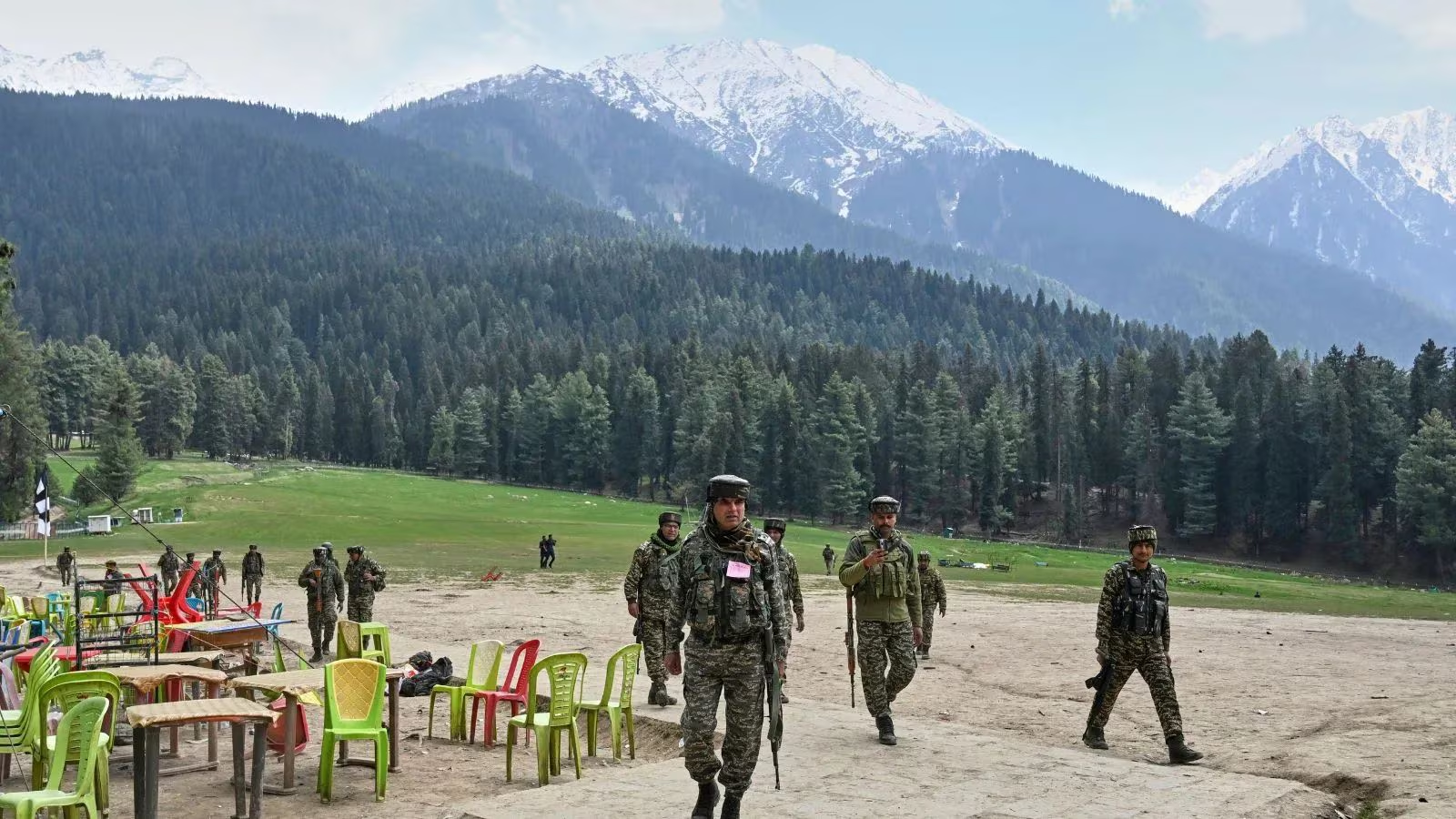Mask of Normalcy Falls in Occupied Kashmir

The recent attack in Pahalgam has starkly illuminated the fragility of the Indian government’s narrative regarding the normalization of Kashmir. For years, Prime Minister Narendra Modi’s administration has championed the idea that the region was on a path to peace and prosperity, especially following the revocation of Article 370 in 2019. However, the tragic events in Pahalgam, where 26 individuals lost their lives, have cast significant doubt on these claims.
The Modi government’s approach to Kashmir has been characterized by a series of stringent measures aimed at integrating the region more closely with the rest of India. This included the abrogation of its special status and a heavy security presence. While these actions were presented as steps toward normalization, they have often been perceived by the local population as oppressive. The Pahalgam incident underscores the limitations of a strategy that prioritizes control over genuine engagement with the Kashmiri people.
In the aftermath of the attack, the Indian government’s response has been swift and forceful. Security forces have conducted extensive operations, resulting in numerous arrests and heightened tensions in the region. While ensuring security is paramount, such actions risk further alienating the local population if not accompanied by efforts to address underlying grievances.
Internationally, the incident has escalated tensions between India and Pakistan. India has accused Pakistan of supporting the perpetrators, leading to diplomatic strains. Pakistan, in turn, has denied involvement and expressed concerns over the loss of innocent lives. This cycle of accusation and denial does little to foster a conducive environment for peace and instead perpetuates a narrative of hostility.
The economic implications of the attack are also significant. Kashmir’s tourism industry, which had shown signs of revival, has suffered a severe setback. The region’s economy, heavily reliant on tourism, now faces uncertainty, affecting the livelihoods of countless residents. This economic downturn further exacerbates the challenges faced by the local population.
The Pahalgam attack serves as a poignant reminder of the complexities inherent in the Kashmir issue. A sustainable resolution requires more than just administrative changes and security measures, it necessitates genuine dialogue, empathy, and a commitment to addressing the aspirations and concerns of the Kashmiri people, especially by providing them their due right of autonomy. Only through such an inclusive approach can lasting peace and stability be achieved in the region.











